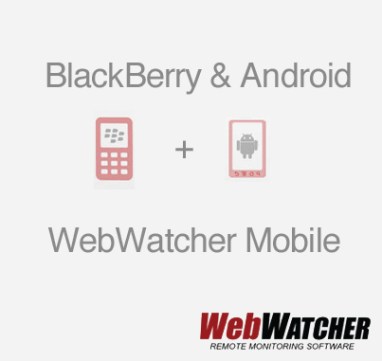Social media and privacy don’t really go hand in hand – just a look at the Cambridge Analytica scandal. But there are several ways to minimize how and what you share with these tech giants. If you still want to keep your account(s) for any reason, here are some of the best apps to maximize your privacy efforts short of hiring an outsourced IT support company to protect your data.
Jumbo
If you’ve ever tried going over the privacy settings on your social accounts, you’d notice one thing in common across all platforms. Namely, that it’s a massive pain to access all the relevant settings. You shouldn’t need a 10 page privacy guide to tell a company “I don’t like you tracking my every action.” Find yourself in the above situation way too many times? Then Jumbo is the perfect app for you.
Rather than sifting through privacy settings on Facebook for example, you have three options (weak, medium, strong) to control your privacy. Say you opt for the medium setting – only your friends will be able to see things on your profile. The strong one makes them exclusive to you, along with disabling face recognition and restricting ads. You can also disable privacy-intrusive features on Twitter.
However, Jumbo’s best feature is probably the option to delete your old Facebook posts and tweets (while making an archive of the latter on your phone). Of course, Twitter hides tweets beyond the 3200 mark, so you’ll need to run this tweet cleaner again once you’ve reached that limit. There’s also the option of deleting your tweets after a certain timeframe (“ephemeral tweets”), for up to three months.
Other Jumbo functions include deleting and disabling data gathering for Google voice, location, web, and app activity. It can also delete voice recordings from Amazon’s Alexa – and they hope to add support for Instagram and Tinder in the future.
The best part is that every one of these actions happens directly on your phone, as if you were doing them yourself. No data is stored or goes to some remote Jumbo server, making it a privacy dream come true for both Android and iOS users.
MyPermissions
Besides the already privacy-damaging settings on your social media, the apps you connect to them are also a scandal waiting to happen. That quiz game on Facebook has access to many unnecessary things on your timeline for a simple time-passer.
MyPermissions lets you see what apps are connected to your social accounts and what permissions you gave them. You can then view, remove, or report any of them from a single clean interface – or simply deny access to your data as you see fit. For example, disable location data for apps that have no real reason to collect it.
Social Book Post Manager
If you don’t feel like installing an extra app on your phone or you have an older model that doesn’t support newer apps, there’s a way to delete your Facebook posts from your PC browser. This Chrome extension allows a more fine-grained control over what you delete from your timeline.
For example, you could choose to delete posts that contain the word “drunk” to remove some embarrassing moments that Facebook feels the need to remind you about every few months. Or, you could remove everything that doesn’t contain that word to show everyone a true party animal.
The extension also lets you hide or unhide items on your timeline, as well as unlike everything to keep Facebook guessing about your preferences. You know, just in case they have another Cambridge Analytica case brewing.
As with Jumbo, this extension does not store any private information. It’s also open-source, so if there were anything shady happening behind the scenes it would have been reported by now. It works as if you were doing the deleting and unliking yourself – simulating your mouse clicks.
This is also its primary “weakness” – if you have a lot of Facebook activity it could take quite a long while to get rid of everything. Not that there’s any faster way, as Facebook doesn’t allow proper APIs to do the job (ironically, for privacy reasons). You could let it work while taking a break, or overnight.
The developer also recommends only using it to deal with one month at a time. This is so the extension isn’t stopped in its tracks because it has too much data to process.
TweetDelete
TweetDelete is a similar free service, but for Twitter, and it doesn’t require any installation. It’s also much faster and reliable than the extension above due to Twitter being differently built, so you don’t have to worry about any hang-ups.
However, do note that you’ll have to authorize the app through Twitter itself. You can simply revoke its access in your Twitter settings (or with MyPermissions) once it’s done deleting your tweets.
A Decent VPN
While not directly tied to your social media accounts, a Virtual Private Network (VPN) like ExpressVPN can prevent hackers from stealing your passwords and doing some real damage. Like the recent 2K social media hack, where the intruder started posting offensive messages on the company’s Twitter and Facebook.
Of course, simple trolling like that is the best case scenario. If somebody gets a hold of your social accounts and you’ve discussed any sensitive matters through private messages – you could have a serious case of identity theft on your hands.
A VPN can prevent hacks like that from happening by encrypting (i.e. obfuscating) all of your network data. If anybody tries snooping in, all they would see is indecipherable gibberish. Obviously, this protection isn’t limited to social accounts and email logins. If you like to shop or pay your bills on the fly – a VPN will encrypt payment information as well.
All in all, a VPN is a must-have nowadays, when everybody seems to be fighting over your data. It’s a perfect fit for those of you who often use free public WiFi, which is known to be a breeding ground for cybercrime.




